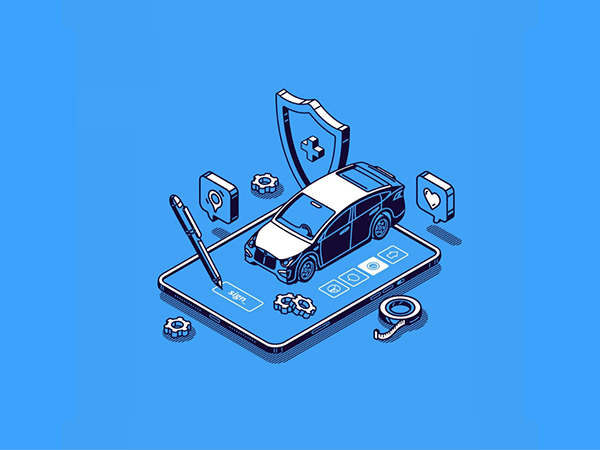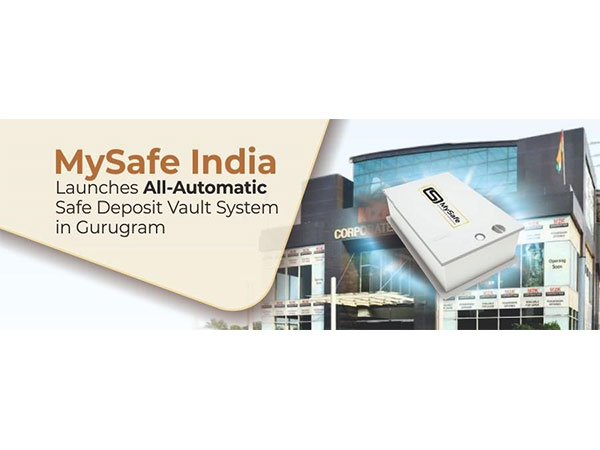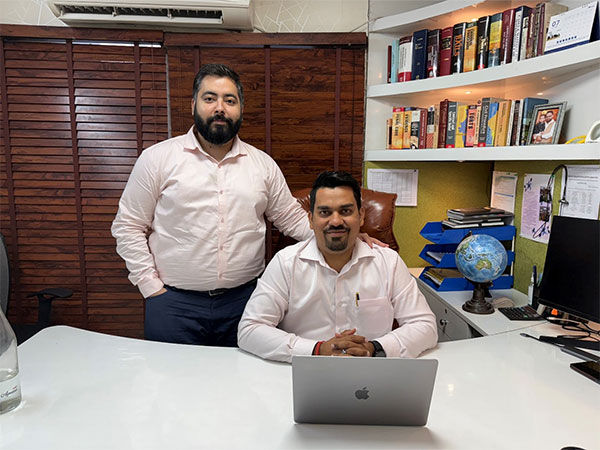
The Role of GPS Tracking in Modern Car Insurance
Jul 11, 2025
PNN
New Delhi [India], July 11: GPS tracking has changed the way car insurance companies assess the risk of insuring a vehicle. The technology makes cars safer, lowering the chances of theft, and pushing people to drive safely. With a GPS device, insurers can get a very good idea of how you drive, which lets them offer personalised premiums and rewards for safe driving. It also makes it easier for the owner to get stolen cars back quickly and speeds up the claims process. This guide details the role of GPS devices in determining the insurance premium.
Introduction
Car insurance has changed a lot over the years with the advent of new technology. A big part of how insurance providers assess the risk of insuring a vehicle has changed with technologies like GPS tracking devices.
If you own a car, learning how GPS trackers influence your comprehensive car insurance premium can help you make better decisions. This is especially true if you want to buy car insurance online or get more coverage for your current policy.
How GPS Tracking Works in Vehicles?
The Global Positioning System, or GPS, is a satellite-based guidance system that tells you where you are and what time it is anywhere on Earth as long as you are in line of sight for least four GPS satellites. When you install a GPS tracking system in a car, these satellites send messages that tell the system exactly where the car is located. Then, this information about where someone is sent to a central server, commonly through a cell network.
These technologies can always keep an eye on a number of parts of a car's operation, including
-Location: Tracking the vehicle's whereabouts in real time.
-Speed: Keeping an eye on drivers' speeds and finding cases of going too fast.
-Mileage: Keeping track of the total distance travelled.
-Time of Day Usage: Keeping track of when the car is usually moved.
After that, all of this data is compiled and studied to learn valuable details about how, when, and where a car is being used.
What are the Different Types of GPS Tracking Systems?
There are different kinds of GPS tracking devices that can be used to keep an eye on vehicles:
-Hardwired systems: These are always hooked up to the power system in your car.
-Plug-and-play devices: These use your OBD-II port to join and are easy to put in and take out.
-Trackers that run on batteries: These are different gadgets that can be put anywhere in the car.
-Tracking with a smartphone: This uses an app to use the GPS on your phone.
How GPS Tracking Supports Comprehensive Car Insurance?
A comprehensive car insurance plan covers you from many risks, such as damage to your own car, liability to other people, theft, and natural disasters. GPS tracking makes this safety much better, which is good for both you and your insurance company.
- Lower Premiums for Safe Driving: GPS tracking lets your insurer see your speed, distance driven, and number of stops in real time. You might be able to get lower rates on your online car insurance if you use this information to show that you drive safely and sensibly.-
- Fairer Claims With Accurate Data: GPS data gives you objective information about what happened in an accident, like how fast the car was going and how hard it hit something. By giving insurance companies this exact information, they can properly evaluate cases. This makes the settlement process clearer and more fair for everyone.
- Usage-Based Premium Savings: GPS tracking lets you see how far you've really travelled, which saves you money. After that, insurance companies can offer "pay-as-you-drive" plans that make sure your full car insurance cost accurately reflects how little you drive, which saves you money right away.
- Better Risk Assessment for Customised Policies: Insurance companies use GPS data to get a better idea of how risky each driver is, which helps them make more personalised policies. Because of this detailed review, they can offer very customised plans and maybe even lower premiums to drivers who drive safely.
- Immediate Emergency Help: Some new GPS systems have built-in crash detectors and alarms that go off automatically if a crash happens. If there is a major impact, the system can automatically call emergency numbers and your insurance company. This may help get help to you faster and may also speed up the claims process.
- Fewer Fraudulent Claims: GPS tracking gives insurers proof of claims, which helps them find and stop bogus claims. This level of accuracy is good for honest customers because it makes the pool of risk more stable. This can help keep the cost of online car insurance lower for everyone.
- Proactive Vehicle Maintenance Alerts: Some GPS tracking systems can look at your car's sensors and let you know if there is a possible mechanical issue. Taking care of these problems before they get worse can help avoid bigger problems or crashes, which can lower the risk of expensive insurance claims.
- Proof for Roadside Assistance: If you get stuck on the side of the road and need help, GPS tracking will tell them right away where you are. This makes it easier for help to get there faster, and for some car insurance online plans that cover roadside assistance, it can speed up the process of delivering and verifying the service.
Challenges and Concerns with GPS Tracking in Insurance
When GPS tracking is added to online car insurance plans, it has clear benefits, but it also brings new problems and worries for policyholders.
-Violations of Privacy: A lot of people are worried about their privacy when their location and driving information is being collected all the time. You might feel like someone is always watching you. So, choose an insurance company whose privacy rules are clear and open. These rules should say what information they collect, how they use it, and how long they keep it.
-Risks to Data Security: When you save and send a lot of personal driving data, it becomes more likely to be hacked or stolen. There is a chance that your private data is at risk. Always ask the insurance company about their data security measures, like how they encrypt data and make sure they follow data protection rules, to make sure your information is safe.
-Misunderstanding of Driving Data: If someone only sees a few instances of a driver stopping or speeding up quickly, they might think that person is always driving dangerously. This might make your full car insurance cost more than it should. Find an insurance company that tells you exactly what your driving score is and lets you make a case if you think the information is wrong.
-Possible Increases in Premiums: While savings are usually talked about, higher premiums could happen if GPS data shows drivers acting in a way that isn't consistent or is unsafe. Before signing up for GPS-based insurance, make sure you understand how the company figures out rates and what they consider to be "risky" behaviour.
Final Thoughts
GPS tracking is changing how comprehensive car insurance and other coverage function in India. By giving them real-time data, it helps insurers offer better rates, process cases faster, and get more stolen property back. Before you buy a GPS tracker, think about what's good and bad about them. Choose one that fits your wants and comfort level.
Disclaimer: The above information is for illustrative purposes only. For more details, please refer to policy wordings and prospectus before concluding the sales.
(ADVERTORIAL DISCLAIMER: The above press release has been provided by PNN. ANI will not be responsible in any way for the content of the same)









